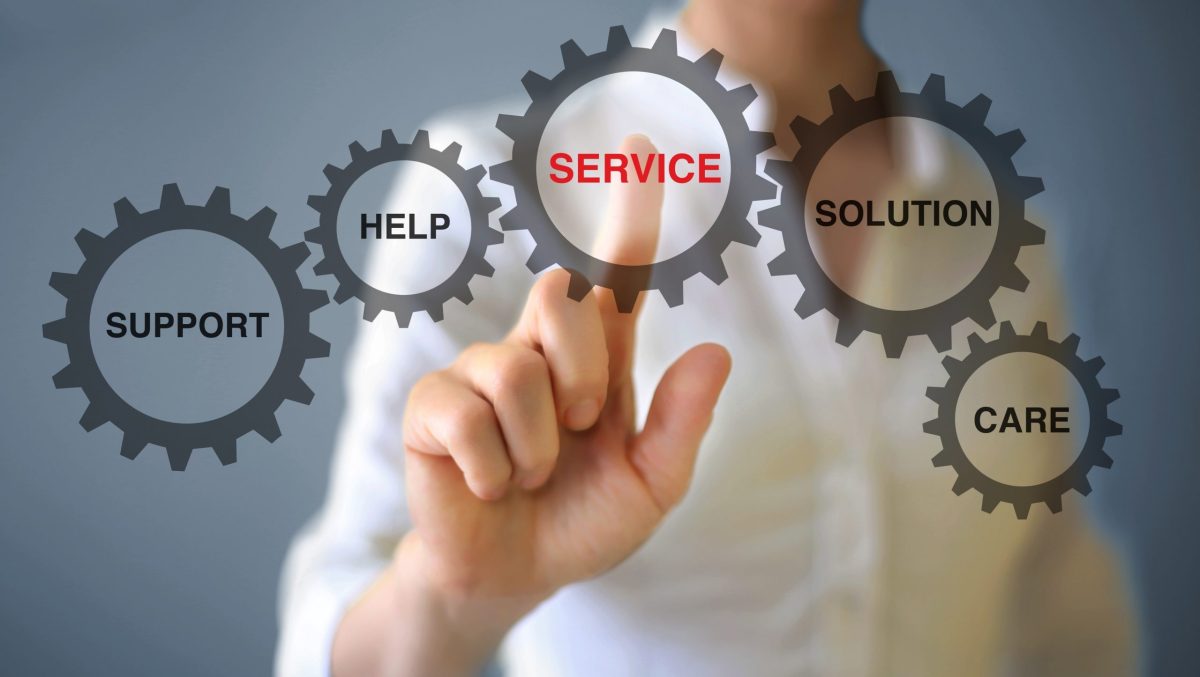COVID-19 is undoubtedly changing the way we live, work and interact, and while none of us can be sure what the other side will look like, the best we can do is support each other to learn about and adapt to this new environment. The reality is, the retail industry has been hit particularly hard by the health crisis as social distancing measures see many physical retailers shut up shop. But the big lesson here is not to lose focus on what’s important for the long-term growth and survival of your business. And that means ensuring your customers’ experience and needs are not sacrificed for the sake of short-term gains.
Do right by your customers, even when it’s hard
We have a saying at HubSpot that you should always do right by your customers, even when it’s hard… especially when it is hard. During times of great economic uncertainty like we’re facing today, this may seem counterintuitive but what you do during these hard times will define your business in the hearts of your customers. When we regain some sense of normalcy, consumers will remember which companies did right by their customers, and which didn’t, and so doing the right thing now is key to a business’ success in the future.
Frontliners is a prime example here. Launched by Retail Global, the company was left with a stack of goods after the events it managed were cancelled due to COVID-19 social distancing measures. But to ensure it could go to better use, redirected the goods like food gift vouchers, protein bars, and hand cream to frontliner workers.
It’s these small acts of good that will be remembered by customers in the long run.
Go where your customers are
Part of doing right by your customers is tuning in to their needs, understanding their changing behaviours and considering how you can change the way you engage and sell to match it.
We know people are spending more time online and buyers are actively seeking out and interacting with businesses more today than a month, or even a year ago. According to data we aggregated from more than 70,000 HubSpot customers around the world and from various industries, monthly website traffic increased by 13 per cent in March compared to February. While it’s early days to fully understand how businesses are being affected, this data suggests that there is an opportunity for retailers to shift online.
We’re already seeing a bunch of businesses do just this. Coffee on Cue, an Aussie small business offering coffee experiences to Sydney and Melbourne based events, is a great example here. Strict measures around social gatherings left the business with more than 700 kilos of coffee, but tuning into its customers and the situation, it quickly pivoted to sell its bagged coffee beans and branded merchandise all online. The move enabled it to keep moving forward and maintain customer loyalty.
Earn your customers’ attention, don’t steal it
How you engage with customers during this time is also important. While we know consumers are doing more research online, doing right by your customer still applies — and respecting their time is critical here.
An increase in website traffic suggests that customers are still looking to engage with companies. But this doesn’t mean you should be dialling up the promotion of your products and services; during a crisis like we’re facing today, this approach may appear insensitive to your customer base. Instead, understand how the needs of your customers have changed and how you are uniquely positioned to match those.
We’re seeing a number of fitness and wellness brands do this really well. Many are offering free workouts and nutritional guidelines to keep customers engaged with the brand and build trust. As an extension of this, many local gyms are also offering no-contact home delivery, to provide customers with protein powders, healthy meals and gym equipment.
These businesses are tuning into their customers and adapting to their changing behaviours. It is this resilience and quick adaptation that will help many through to the other side of this crisis.
Think long term
Even during times of uncertainty, the trust you have with your customers is your greatest asset. You will likely need to make sacrifices and changes to the way you market, engage, sell and serve. But it is the relationship you have built with your customers that will see you through these hard times.
Kat Warboys is head of marketing ANZ at HubSpot.

